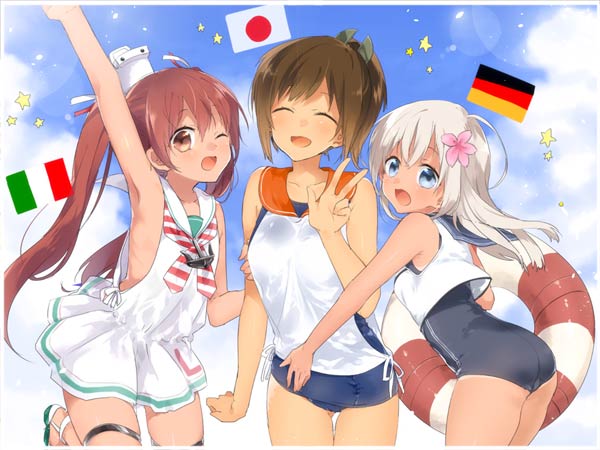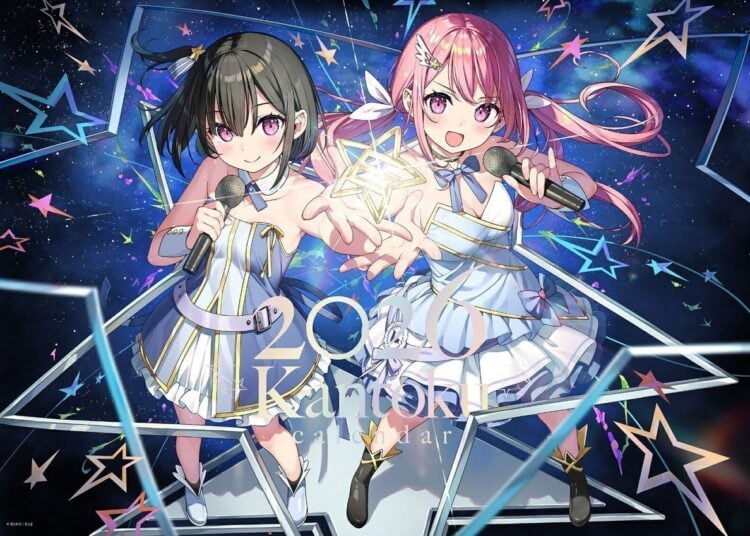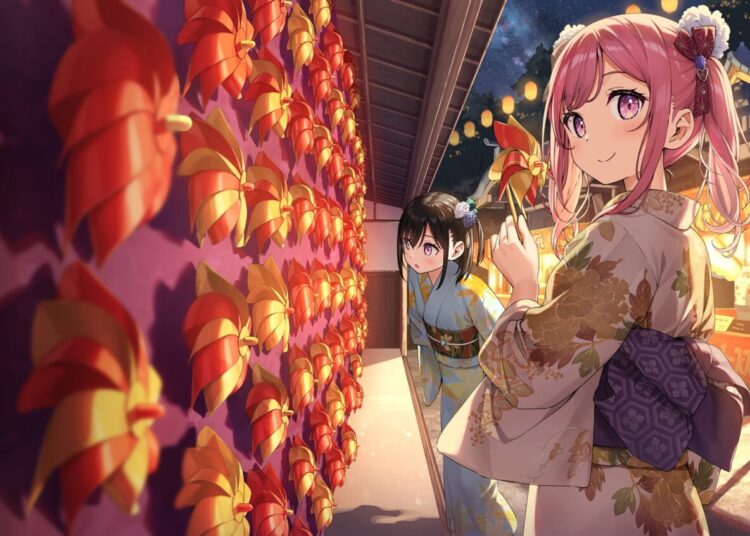Does your country have a positive view of Japan?
One topic I write a lot about is how Japan can be sensitive to how it’s perceived by people from other countries, and some of Japan’s great achievements, like the Shinkansen bullet trains which were completed just in time for the 1964 Tokyo Olympics, can be viewed as projects designed to impress gaijin. Over the weekend I caught a 3 hour news program in which respected TV presenter Ikegami Akira reported on how various countries felt about Japan and Japanese people. Here are some highlights…
- Most European countries, such as France and Germany, had a positive view of Japan, loving anime and manga and Japanese food. That said, there’s a lot of geographical and cultural distance between Western Europe and Japan, and many average people interviewed didn’t know much about the country.
- Nordic countries reported a positive view of Japan, which may have been helped by Nitobe Inazō, a Japanese diplomat and writer of a book that introduced the ideas of bushido to the West, who helped negiotiate a peaceful resolution over a territory dispute over the Åland Islands between Finland and Sweden in the 1930s.
- Hungary has a surprisingly positive relationship with Japan, thanks to an early investment in the country by the Suzuki Motor Corporation, which established a factory to build cars locally after the country left the Soviet Bloc. That investment paid off well, making Suzuki the de facto national automaker of Hungary for decades.
- Turkey and Japan have always had a close relationship, thanks to history. A Turkish ship called the Ertuğrul sank off the cost of Japan in 1890, and the Japanese were able to save 69 sailors and return them safely. This act of goodwill was kept alive through Turkish history textbooks.
- The country that has the most favorable view of Japan is Taiwan, a Japanese colony from 1895-1945, thanks to several positive things Japan did, including educating the population, banning practices like Chinese foot binding and building a world-class irrigation system. There’s a famous story of the Japanese engineer Yoichi Hatta, who built a large dam in Taiwan, and when his ship was sunk during WWII his wife threw herself off his dam, so great was her grief. Taiwanese also remember the Japan colonial era fondly because the Chiang Kai-Shek years were so difficult.
- Just as anime has opened cultural doors for most of us, Japanese TV dramas have done this for several countries in the Middle East. The most famous example is Oshin, a long-running drama about the life of a poor girl in Meiji era Japan, which got 90% ratings in Iran and Saudi Arabia in the 80s, and still brings tourists to Japan.
- Indonesia has a positive view of Japan, in part thanks to Japan’s assistance in the country’s industrializing after winning independence from the Netherlands. As in many countries, Indonesians reportedly love Yakult yogurt.
- Many developing countries seek to emulate Japan’s economic success, like Thailand, where people asked said they respected Japan’s hardworking nature. Bangkok is experiencing a “Japan boom” right now, with many shops sporting signs in Japanese language because they are cool.
The show was very open and honest about countries that held negative views of Japan, which were principally China, North Korea and South Korea.
- The show explained the reasons why Chinese have a lot of anti-Japan feelings today, including the invasion of Manchuria in the 1930s and the current dispute over the Senkaku/Diaoyu islands. Interestingly, Chinese had almost no negative views about Japan until Tiananmen Square incident of 1989, after which a policy was put in place to make citizens feel more love for their country, which took the form of demonizing Japan in history textbooks and official media. In reality, mainland Chinese love visiting Japan, and come here by the millions and “explosively buy” (爆買い) high quality Japanese goods.
- North Korea, interestingly, doesn’t trouble itself about Japan much, and principally only calls on Japan to end its close military relationship with the U.S.
- South Korea, naturally, has the most negative view of Japan because of its painful history, first being a pawn between Japan, China and the Russian Empire, then being annexed outright by Japan from 1910-1945. If polls are to be believed, South Koreans hate Prime Minister Abe more than they do Kim Jong-un, despite Mr. Abe’s attempts to mend relations, including apologizing for the comfort woman issue and paying reparations. There’s probably nothing to do but wait another generation and try again.
Well, how about your country? Does your country have a positive view of Japan? Tell us on social media!
We’ve got lots of good news for you today, including the return of chocolate from Japan! Every year we’re forced to remove all chocolate from the site during the hot summer months to keep it from melting, but we’re happy to report that chocolate is back! So order all the Pocky and Green Tea Kit Kat you want!
















